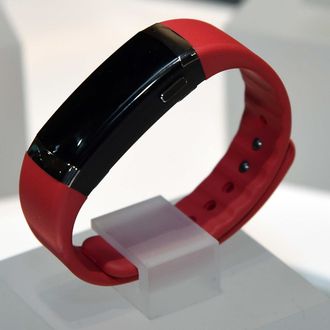
About 42 percent of people quit using their fitness trackers within six months, according to the market-research firm NPD Group, reports Forbes. And it’s too bad, because as a recent editorial in The Journal of the American Medicine Association notes, Fitbits and Jawbones and the like do have the potential to prompt behavioral change. But there are a couple of reasons they haven’t quite met their potential, note the authors.
For one thing, users actually have to remember to charge and to use the little devices. It might be easier, then, to run fitness-tracking software off of cell phones, since that would just be one less thing for users to worry about, and since people are used to having their cell phones on them at all times.
Perhaps more important, the authors argue that the current generation of fitness trackers haven’t really incorporated what we know about successful behavioral change. “Anticipated regret, an individual’s concern or anxiety over the reward he or she might not win, can have a significant effect on decision making,” the authors write, and fitness trackers don’t take advantage of this work of human nature. The authors stop short of offering any examples of how this would work in practice, which would have been nice, but still: point taken. There’s only so long a person can pretend to be interested in counting to 10,000 steps, after all.




